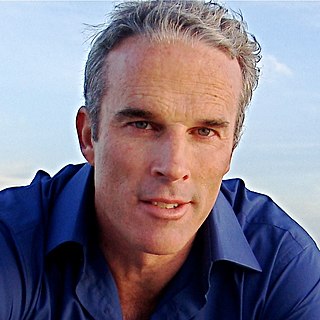A Quote by David Shields
You're one of 6.5 billion people now on the planet, and 99.9 percent of your genes are the same as everyone else's.
Related Quotes
It sounds so innocuous but the difference between 99 percent and 100 percent is huge. You can finish at 99 percent and you'll be hurting but if you push a tiny bit more - and that's the bit that makes the difference to your training - your legs just grind to a halt. It's like your engine is seizing up.
Many social critics wag their fingers at what they perceive to be frivolous luxury spending. But that misses the point that consumption norms are local. It's not just the rich who spend more when they get more money. Everyone else does, too. The mansions of the rich may seem over the top to people in the middle, but the same could be said of middle-class houses as seen by most of the planet's seven billion people.
Mother Earth is in pain and ailing - bglobal warming. The world is dealing with issues of immigration, deindustrialization, and poverty. When I was born, there were 2.5 billion people living on the whole planet. Now there are 2.5 billion people living on less than $2 a day. That's the kind of reality we have to deal with.
You are literally never alone. While there are roughly 6.7 billion people on Earth, you may not feel that many of them at all care very much about your existence. But within your colon alone are living at least 1012 billion organisms, or roughly a thousand times the number of people on the planet. Stop your metabolic processes, and you stop theirs.



































